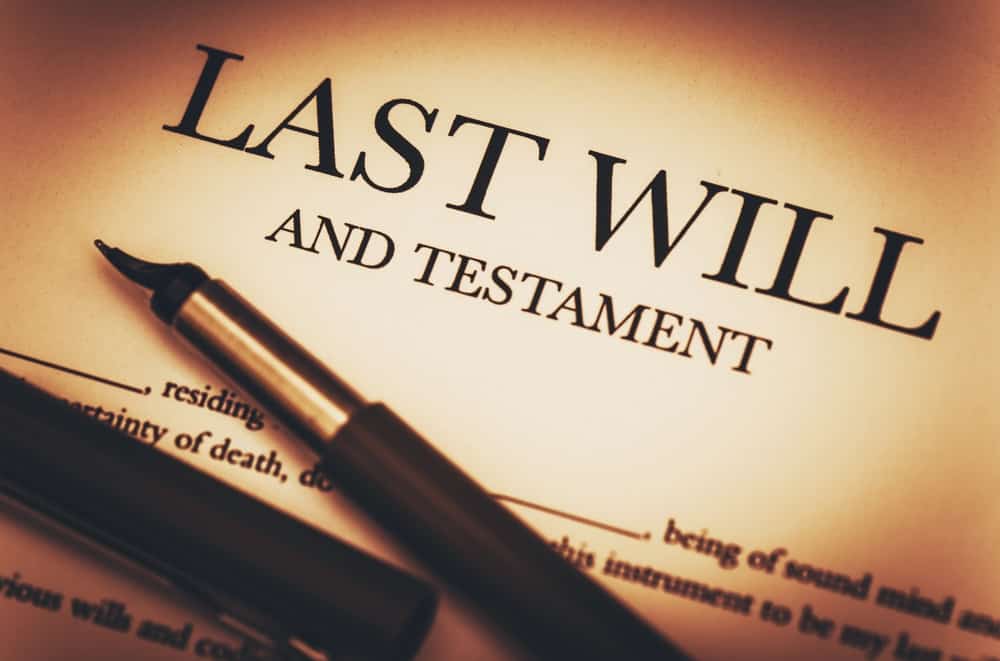Settling an estate, condo sale and debts.
These are the issues this family is facing two years after their son’s death. What would you do?
Q: My single son died two years ago. He had no children. His only assets were his condominium and the money he had in his 401(k) plan. His condo is worth around $100,000 and his 401(k) plan has about $10,000.
For the past two years, we continued to make his mortgage and tax payments on his condo and, of course, we paid for his funeral expenses. No creditors have opened probate nor have made a formal claim against his estate. Once he died, his credit card companies stopped sending letters requesting payment on the amount he owed on his cards. He had around $20,000 in credit card debt.
Now, we’re settling our son’s estate. We want to sell his condo and settle his debts. Can we (his parents and his only sibling) now place the condo up for sale without probate and being named executor? Can we get access to the 401(k)?
Settling an estate, condo sale, 401(k) and paying off debts: Is there a will?
A: We are so sorry for the loss of your son. We know that his passing must have been hard for you and your entire family.
You didn’t mention in your question whether your son had written a will or if he had taken any steps to build an estate plan. We’re guessing that he didn’t have one but knowing for sure whether he had a valid will is critical and will determine your next steps.
Settling an estate: Start with the 401(k)
Let’s start with your son’s 401(k) account. If your son designated a beneficiary for the account, you shouldn’t have any issues closing the account. Or having the person or persons designated as beneficiaries receive the funds. The key is finding out if your son designated you, your wife or your other child as a beneficiary under the account.
If your son never designated a beneficiary for his 401(k) account, the account administrator cannot legally give the money to you, even if you’re a close relative. The account administrator needs a court order to send the funds to a specific person.
Wills are key to settling estates
Usually, this process requires the probating of a will.
The will should indicate who your son designated as the executor of the will. That person would then become the court-appointed person to handle your son’s affairs. They’d distribute your son’s assets as provided under the terms of the will. You should also know that the executor would also have the obligation to pay off any debts owed by your son. This includes credit card debt and any remaining mortgage.
Once an executor is appointed by the court, the executor can then reach out to the 401(k) company to have them distribute the funds in accordance with the terms of the will or as instructed by the court.
Settling an estate if the decedent died intestate
If your son died intestate, or without a will, you still need to go to probate court. There, an executor would be appointed to handle the affairs of your son’s estate, including the condo sale. The only exception to this would be if there is a co-owner of the condo, who is a joint tenant with rights of survivorship. If there is a co-owner and the property’s title is held as joint tenants, then that person would have inherited the property outright upon your son’s death..
If your son owned the condo on his own, the executor can list it for sale. Once the property is sold, the executor of his estate can distribute the proceeds from the sale after settling any debts owed by your son’s estate.
Talk to a probate attorney about lingering estate issues
We’d urge you to talk to a probate attorney close to where your son lived and the condo is located. Your state may offer different options if your son is deemed to have died owing more than he was worth.
Consider these estate options
- Is there any equity in the property? Based on the information you provided, it’s unclear how much equity is in the property. You indicate that the condominium is worth around $100,000. But if your son still owed $80,000 on the mortgage, that amount would need to be repaid to the lender. You should be entitled to reimbursement for the property tax and mortgage payments you made from the estate. But there might not be a lot left to distribute after you’re repaid and the closing costs for the sale of the condo are paid.
- Are there any assets other than the 401(k)? Once the estate settles up with your son’s lender and various credit card companies, there might be nothing left other than the funds in the 401(k) account. Make sure you talk to the probate attorney and understand what fees you’ll incur in settling your son’s estate.
- Designated beneficiaries for the 401(k) and any other accounts. Ask the 401(k) company if your son designated a beneficiary for his account. They will also know how to transfer funds and what documentation is needed. If your son died intestate, ask them what the options are if the 401(k) account is the only real asset left in this estate.
You have some work to do to figure out what is the best course of action. We do think, however, that you’d benefit from consulting with a probate attorney on your situation. And, if you don’t see eye to eye with the attorney, find someone else. You need to feel comfortable with someone who can give you a sense of what will be left in the estate after expenses and paying off debts.
Read More About Settling an Estate:
Understanding Joint Ownership in Estate Planning
Family Dynamics and Estate Planning
Estate Planning: Living Trust or LLC for Properties
Avoid Probate with a Living Trust







Leave A Comment